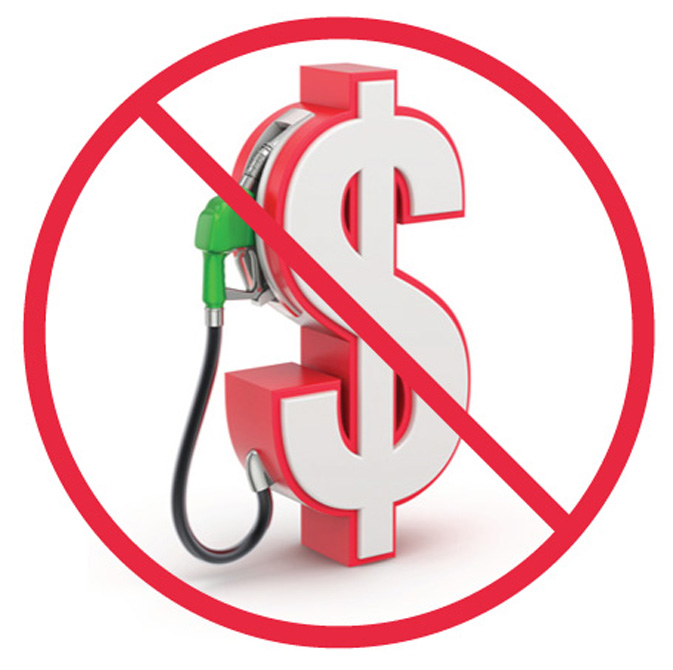MONTREAL — ********** is applauding opposition parties for rejecting the proposed Ontario budget and its “punitive” hike in aviation fuel taxes.
“As one of the largest private sector employers in the province of Ontario, I can say that the proposed increase to aviation fuel taxes is bad for our industry, bad for our employees, bad for our customers and ultimately bad for the economy of Ontario,” said Calin Rovinescu, President and Chief Executive Officer.
“Ontario will continue to lose business to U.S. border airports and other provinces with more progressive perspectives on economic development. The approach on aviation rates, charges and taxes must go in the other direction.
“********** welcomes the decision of the opposition parties to defeat the Ontario budget and its punitive increases in aviation fuel excise taxes. The proposed budget would have increased costs to Canada’s aviation industry by as much as $100 million a year. Even before the budget, Ontario had the highest excise tax on aviation fuel in North America. The proposed increases to almost triple the excise fuel tax would have been passed on to air travellers and shippers, resulting in higher fares for travellers to and from Ontario, and negative economic consequences in Ontario and Canada including direct and indirect job ******.
“********** and its 12,000 Ontario-based employees will be looking for leadership from each of the parties on definitive measures to address the aviation cost structure in the upcoming Ontario ********. We are calling on the parties to follow the lead of their provincial counterparts, such as B.C., and neighbouring competing U.S. states who recognize the value of the aviation industry as an economic engine and enabler of trade, not as a facile source of revenue to subsidize other government initiatives,” concluded Rovinescu.
Canada already has some of the highest aviation taxes in the *****, recently ranking an unenviable 136th position of 144 countries in a ***** Economic Forum survey. A recent Conference Board of Canada study estimates that more than five million Canadians already drive to U.S. airports to avoid the high taxes on Canadian ******* fares.
********** directly employs nearly 12,000 people in the Greater Toronto Area alone – plus 2,200 more including its wholly-owned subsidiaries ********** Vacations and ********** rouge as well as its ********** Express partners – Jazz and Sky Regional. Together with its ********** Express partners and ********** rouge, ********** operates more than 240,000 flights a year from Toronto Pearson Airport and carries about 18 million passengers.

